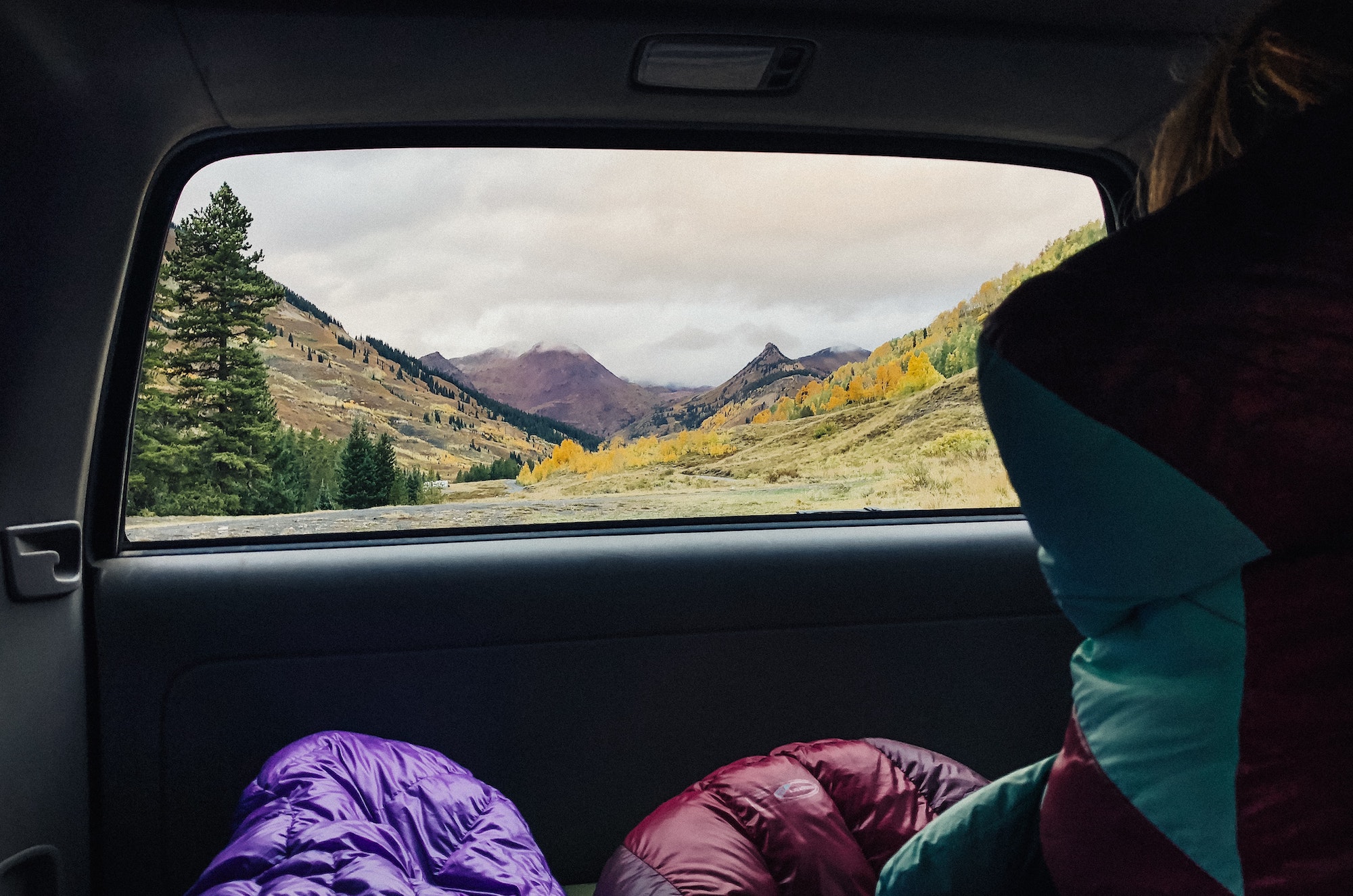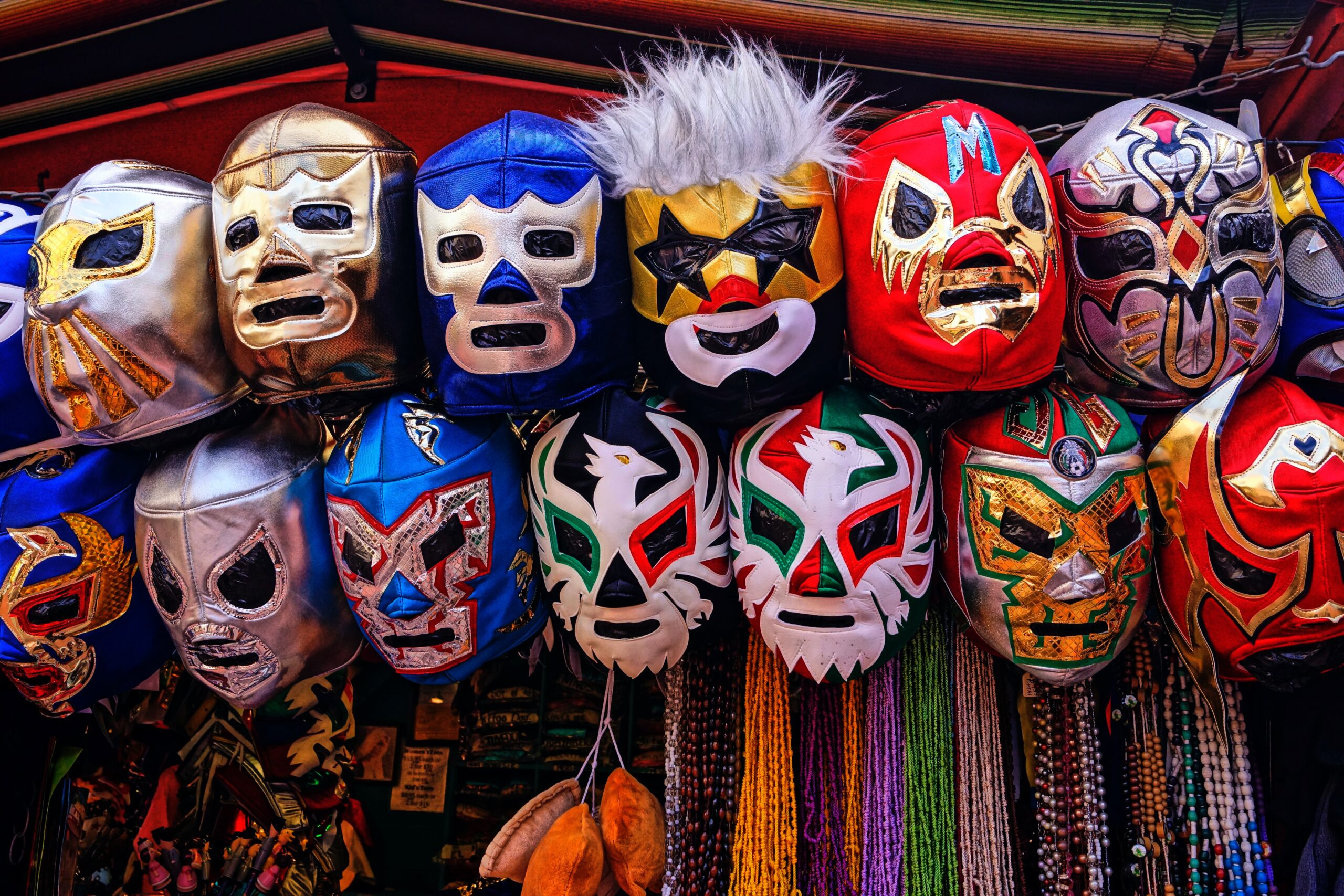The Ultimate Guide to Traveling on a Tight Budget: Tips, Tricks, and Strategies
Introduction
Traveling on a tight budget doesn’t mean you have to sacrifice experiences or comfort. With careful planning, smart choices, and a bit of creativity, you can enjoy fulfilling travel experiences without breaking the bank. This comprehensive guide will cover everything you need to know about traveling on a budget, including planning, accommodation, transportation, food, activities, and more. Whether you’re a student, a solo traveler, or a family looking to save money, this guide will provide valuable tips and strategies to help you make the most of your travel adventures.
The Importance of Budget Travel
Financial Freedom
Traveling on a budget allows you to explore the world without putting a strain on your finances. By making smart choices, you can save money for future trips or other financial goals.
Enhanced Experience
Budget travel often encourages you to immerse yourself in local cultures and experiences that you might overlook on a more expensive trip. Staying in hostels, using public transportation, and eating local food can provide a more authentic travel experience.
Flexibility
Traveling on a budget requires flexibility and adaptability, skills that can enhance your travel experience. By being open to different options and opportunities, you can discover hidden gems and unique experiences.
Sustainable Travel
Budget travel often aligns with sustainable travel practices. By choosing eco-friendly accommodations, local transportation, and supporting local businesses, you can reduce your environmental impact and contribute positively to the communities you visit.
Planning Your Budget Trip
Set a Realistic Budget
Determine how much you can afford to spend on your trip. Consider all aspects of travel, including transportation, accommodation, food, activities, and emergencies. Setting a realistic budget helps you plan effectively and avoid overspending.
Research Destinations
Choose destinations that offer good value for money. Research places with affordable accommodation, cheap transportation options, and a low cost of living. Consider off-the-beaten-path destinations where prices are typically lower than popular tourist spots.
Plan Ahead
Planning ahead allows you to take advantage of early booking discounts and find the best deals on flights, accommodation, and activities. Create a detailed itinerary to help you stay on budget and make the most of your trip.
Be Flexible with Dates
Traveling during off-peak seasons can save you a significant amount of money. Be flexible with your travel dates to take advantage of lower prices on flights and accommodation.
Use Budget Travel Tools
Utilize budget travel tools and websites to find the best deals on flights, accommodation, and activities. Websites like Skyscanner, Kayak, Hostelworld, and Airbnb can help you find affordable options.
Saving on Transportation
Book Flights in Advance
Booking flights well in advance can save you a lot of money. Set fare alerts on travel websites to get notified of price drops and book your flights when prices are lowest.
Use Budget Airlines
Budget airlines often offer lower fares than traditional carriers. While they may have additional fees for baggage and other services, they can still be a cost-effective option for budget travelers.
Consider Alternative Airports
Flying into alternative airports can sometimes be cheaper than flying into major airports. Compare prices for nearby airports and factor in the cost of transportation to your final destination.
Travel Overland
Overland travel, such as buses and trains, can be more affordable than flying, especially for short distances. It’s also a great way to see more of the countryside and meet locals.
Use Public Transportation
Using public transportation is a cost-effective way to get around. Buses, trams, and trains are often cheaper than taxis and rental cars. Consider purchasing travel passes or cards for additional savings.
Walk or Bike
Walking or biking is not only free but also a great way to explore a new place. Many cities offer bike-sharing programs, which are often affordable and convenient.
Carpooling and Ridesharing
Carpooling and ridesharing services like BlaBlaCar or local ridesharing apps can save you money on transportation while allowing you to meet new people and share travel experiences.
Finding Affordable Accommodation
Stay in Hostels
Hostels are a popular choice for budget travelers, offering affordable dormitory-style accommodations. Many hostels also have private rooms at a fraction of the cost of hotels. They often provide communal kitchens, free Wi-Fi, and social activities.
Use Airbnb
Airbnb offers a range of accommodation options, from shared rooms to entire apartments, often at lower prices than hotels. Staying in an Airbnb can also give you a more local experience.
Couchsurfing
Couchsurfing is a community of travelers who offer free accommodation to fellow travelers. It’s a great way to save money and meet locals who can provide insider tips and recommendations.
House Sitting and Home Exchanges
House sitting and home exchanges are excellent ways to find free accommodation. Websites like TrustedHousesitters and HomeExchange connect travelers with homeowners looking for someone to take care of their home or exchange homes for a vacation.
Stay in Budget Hotels and Guesthouses
Budget hotels and guesthouses offer affordable accommodation options. Look for deals and discounts on booking websites, and consider staying in family-run establishments for a more personal touch.
Camping
Camping is an affordable and adventurous way to travel. Many destinations have campgrounds with facilities at a fraction of the cost of hotels. Consider bringing your own tent or renting camping gear locally.
Saving on Food and Drink
Cook Your Own Meals
If your accommodation has a kitchen, cooking your own meals can save you a lot of money. Visit local markets and grocery stores to buy fresh ingredients and experience local food culture.
Eat Like a Local
Eating at local restaurants, food stalls, and markets is often cheaper than dining at tourist-oriented establishments. Try street food and local specialties for an authentic and affordable culinary experience.
Look for Meal Deals
Many restaurants and cafes offer meal deals, lunch specials, or happy hour discounts. Look for these deals to enjoy meals at a lower cost.
Drink Tap Water
In many destinations, tap water is safe to drink and free. Carry a reusable water bottle and refill it throughout the day to save money on bottled water.
Limit Alcohol Consumption
Alcohol can be a significant expense when traveling. Limit your consumption or buy alcohol from local stores instead of bars and restaurants to save money.
Take Advantage of Free Breakfasts
Many hostels, hotels, and guesthouses offer free breakfasts. Take advantage of this to save money on one of your daily meals.
Affordable Activities and Sightseeing
Free Walking Tours
Many cities offer free walking tours led by local guides. These tours provide a great introduction to the city’s history, culture, and main attractions without costing a dime. Remember to tip your guide if you enjoyed the tour.
Explore Nature
Hiking, swimming, and exploring parks and natural reserves are often free or very affordable. Enjoy the great outdoors and take advantage of the natural beauty of your destination.
Visit Free Museums and Attractions
Many museums and attractions offer free admission on certain days or times. Research in advance and plan your visit to coincide with these free entry periods.
Use Discount Passes
Many cities offer discount passes that provide free or reduced admission to multiple attractions, museums, and public transportation. These passes can save you a significant amount of money if you plan to visit several sites.
Attend Local Events
Check out local events, festivals, and cultural activities that are free or low-cost. These events can provide a unique and enriching experience without breaking the bank.
Take Advantage of Student and Youth Discounts
If you’re a student or under a certain age, you may be eligible for discounts on transportation, accommodation, attractions, and more. Carry your student ID or youth card and inquire about discounts wherever you go.
Volunteer While Traveling
Volunteering while traveling can provide free accommodation and meals in exchange for your time and skills. Look for reputable volunteer programs that align with your interests and skills.
Money-Saving Travel Tips
Use Travel Rewards and Points
If you have a travel rewards credit card, use your points or miles to book flights, accommodation, or other travel expenses. Sign up for airline and hotel loyalty programs to earn points on your bookings.
Avoid Foreign Transaction Fees
Use a credit card that doesn’t charge foreign transaction fees, or withdraw cash in large amounts to minimize ATM fees. Exchange money at reputable locations to get the best rates.
Stay Connected Wisely
Avoid expensive international roaming charges by using local SIM cards, portable Wi-Fi devices, or apps like WhatsApp and Skype for communication. Many cafes, restaurants, and public places offer free Wi-Fi.
Travel Insurance
Invest in travel insurance to protect yourself from unexpected expenses such as medical emergencies, trip cancellations, or lost luggage. While it’s an additional cost, it can save you money and stress in case of an emergency.
Pack Light
Traveling with a carry-on only can save you money on baggage fees and make it easier to move around. Pack versatile clothing, and plan to do laundry during your trip if necessary.
Avoid Tourist Traps
Tourist traps often come with inflated prices and subpar experiences. Do your research, ask locals for recommendations, and seek out authentic experiences that are off the beaten path.
Planning for Emergencies
Emergency Fund
Set aside an emergency fund for unexpected expenses such as medical emergencies, lost belongings, or sudden changes in plans. Having a financial cushion can provide peace of mind and help you handle emergencies without stress.
Important Documents
Carry copies of important documents such as your passport, travel insurance, and emergency contact information. Store them separately from the originals to ensure you have backups in case of loss or theft.
Local Emergency Numbers
Familiarize yourself with the local emergency numbers and procedures for the destination you’re visiting. Knowing how to contact local authorities or medical services can be crucial in an emergency.
Travel Insurance Coverage
Ensure your travel insurance covers medical emergencies, trip cancellations, and other unexpected events. Read the policy details carefully and understand the coverage and exclusions.
Staying Safe While Traveling
Stay Informed
Stay informed about the safety and security situation in your destination. Check travel advisories, read local news, and stay updated on any potential risks or hazards.
Blend In
Try to blend in with the locals by dressing modestly and respecting local customs. Avoid drawing attention to yourself as a tourist to reduce the risk of theft or scams.
Secure Your Belongings
Use a money belt or hidden pouch to keep your valuables secure. Avoid carrying large amounts of cash, and use a secure bag with anti-theft features.
Trust Your Instincts
Trust your instincts and be aware of your surroundings. If something feels off or unsafe, remove yourself from the situation and seek help if necessary.
Stay Connected
Stay connected with friends or family back home and let them know your travel plans. Check in regularly and provide them with your itinerary and contact information.
Sustainable and Ethical Travel
Support Local Businesses
Support local businesses by shopping at local markets, eating at locally-owned restaurants, and staying in locally-run accommodations. This helps contribute to the local economy and promotes sustainable tourism.
Minimize Waste
Reduce your environmental impact by minimizing waste. Carry reusable bags, water bottles, and utensils, and avoid single-use plastics. Dispose of waste responsibly and recycle whenever possible.
Respect Wildlife and Nature
Respect wildlife and natural habitats by following local guidelines and regulations. Avoid disturbing animals, stay on designated trails, and do not remove plants or rocks from their natural environment.
Choose Eco-Friendly Options
Choose eco-friendly accommodation, transportation, and activities whenever possible. Look for businesses that prioritize sustainability and have eco-certifications.
Give Back
Consider giving back to the communities you visit by volunteering, supporting local projects, or donating to reputable organizations. Be mindful of the impact of your actions and strive to leave a positive footprint.
Conclusion
Traveling on a tight budget is entirely possible with careful planning, smart choices, and a bit of creativity. By setting a realistic budget, researching affordable destinations, and using cost-saving strategies for transportation, accommodation, food, and activities, you can enjoy a fulfilling and memorable travel experience without breaking the bank. Remember to stay safe, respect local cultures and environments, and be flexible and open to new experiences. With the right approach, budget travel can be just as enriching and enjoyable as more expensive trips.


